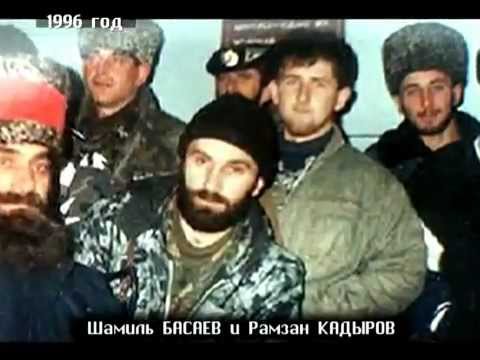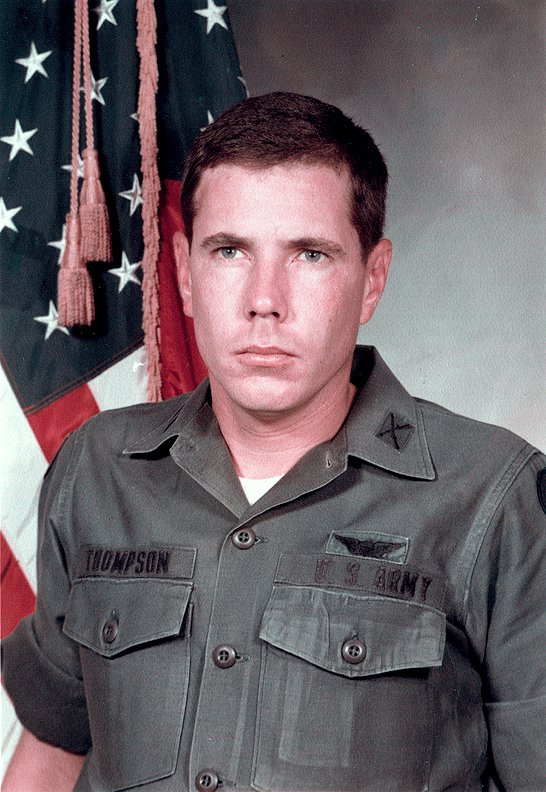7,223 views
News about 10 000 Chechen troops leaving to Ukraine alarmed many. And yet, one must know context to understand its meaning. Many assume that after Putin's victory Chechnya became just part of Russia and thus Chechen troops are just Russian regulars of Chechen origin. Not quite🧵 
Chechnya is an ethnic republic in the south of Russia. It has a quickly growing population of 1,4 million. Its natural demographic growth is highly important in the military context. In depopulating Russia that's one of few regions with steady supply of young males to send to war 
Chechnya consists of northern, lowland, part which the continuation of Eurasian Steppe and southern, highland part, limited by the Caucasus range. Historically, Chechens lived in cold infertile highland and wished to occupy the warm and rich lowland which lied beyond their reach 
Why? Well, for the same reason Muscovy grew on infertile land of Нечерноземье (= Not Black Soil). Why Russians didn't move south to Черноземье (= Black Soil)? Cuz Black Soil area = Eurasian Steppe. Nomads didn't like farmers occupying their steppe. See my substack for details 
That's how it was in the Middle Ages. But after 1500 the world started changing quickly and Chechnya was changing too. Three external factors facilitated the Chechen Expansion, allowing Chechens to climb down from poor southern highland to occupy rich and fertile northern lowland 
First was maize, the corn. This American plant boosted the productivity of farming in the Caucasian region immensely. I like Armenian epithet for maize - "Egyptian wheat". Egyptian means "rich, abundant, fertile"
The growth in farming productivity triggered the population growth
The growth in farming productivity triggered the population growth
Secondly, guns. Until cheap and reliable guns became available in Caucasus, highlanders had no chance against the nomads on the open plain. They could die heroically and that's it. Guns shifted the balance of power in favour of sedentary farmers like they did, well, everywhere 
Thirdly, Russian expansion. Under Ivan the Terrible, Russia destroyed Khanates of Kazan, Astrakhan and Siberia. Thus some states which could mobilise nomads were gone. The remaining one, Crimea, was very much preoccupied with the war against Russia which now became existential 
These three factors - corn, guns and Russian expansion facilitated the Chechen expansion of the Early Modern Era. Their territory grew, population boomed, power increased. And of course Chechen society very much transformed socially and culturally 
First, Chechens were gradually converting to Islam. It was a very late and superficial conversion. The only ancient Islamic region in Caucasus is the South Dagestan, Derbent . It became a part of Arabic Caliphate in 643. Whatever lied to the north converted like 1000 years later 
For a millennium the Iron Wall of Derbent divided the urbane Islamic south and tribal pagan north. Consider South Dagestani tongues. Lezgins call the north (direction) "kefer" = infidels. Rutuls - "jahannam" = the hell. And Chechnya was certainly in the north 
South Dagestan - ancient Islamic stronghold. North Dagestan - more recent one. And Chechnya wasn't much influenced by Islam till like yesterday. That's why it was largely converted from Dagestan and by Dagestanis who played the role of religious teachers and missionaries here 
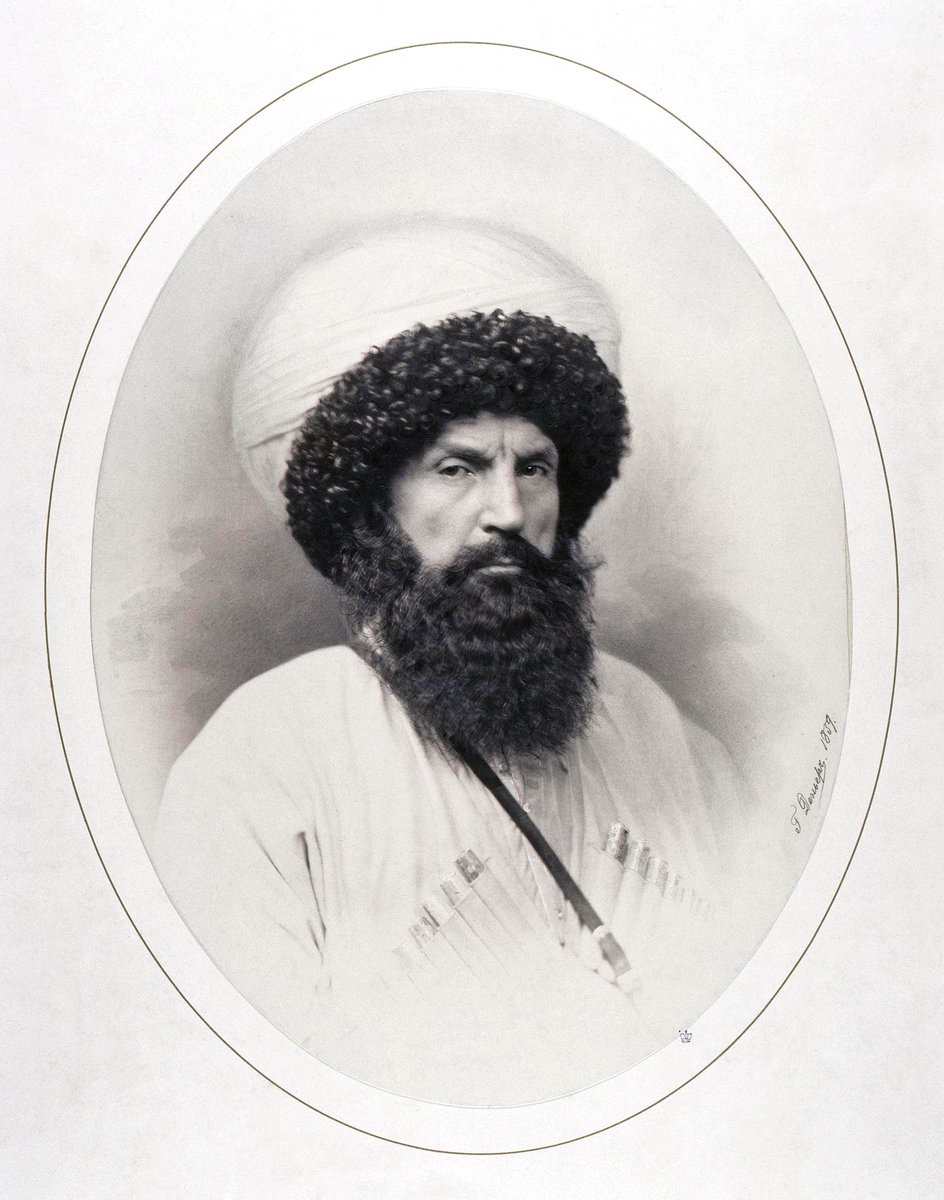
And it all came together. Cheap and abundant guns gave huge fatal power to nonames. Previously most of Caucasus including Chechnya was governed by aristocratic feudal class who fought as heavy cavalrymen. Now their power was over - one bullet is enough to finish such a knight 

Egalitarian teachings of Islam helped to justify a social revolution - slaughter and expulsion of nobility. It happened elsewhere too (look Hadji Murad by Leo Tolstoy). But in Chechnya it was the most radical. By the 18th c aristocracy was gone. And then the Russians arrived 
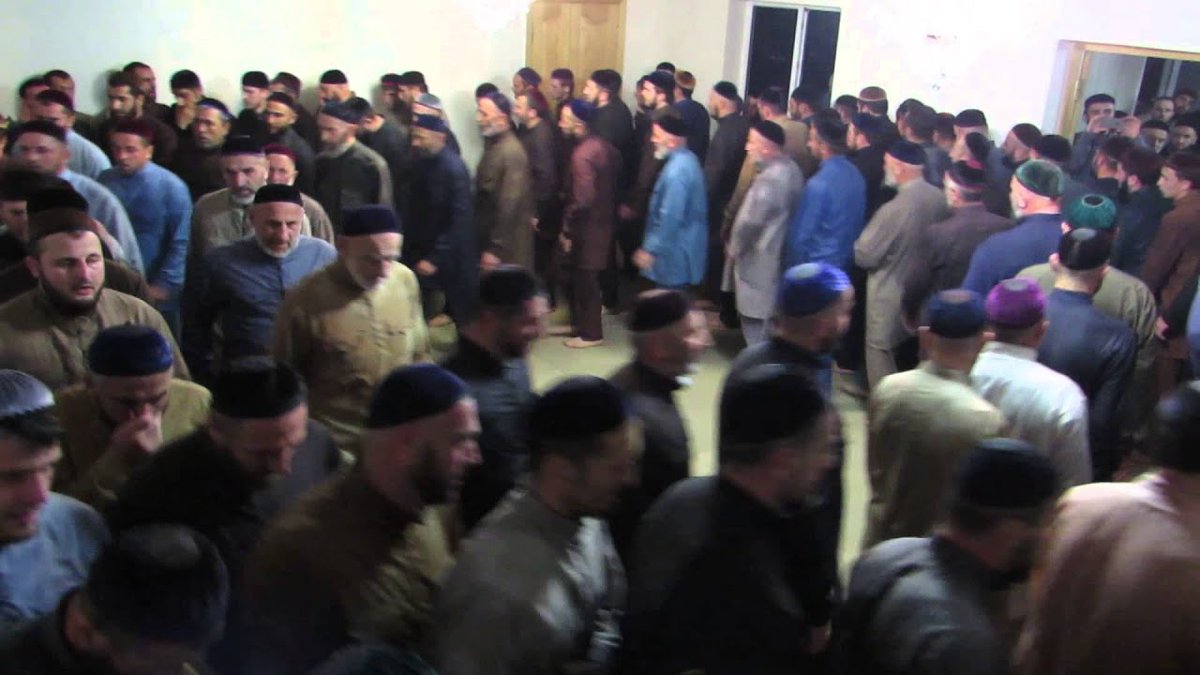
When Russians came, they hated the Chechen order. Why? Some portray Russian empire as "Russian" or "Orthodox". But after 1613 it was primarily the aristocratic empire. Everywhere they came Russians sided with nobility and landlords against peasants. Estonia, Latvia, Georgia, etc 
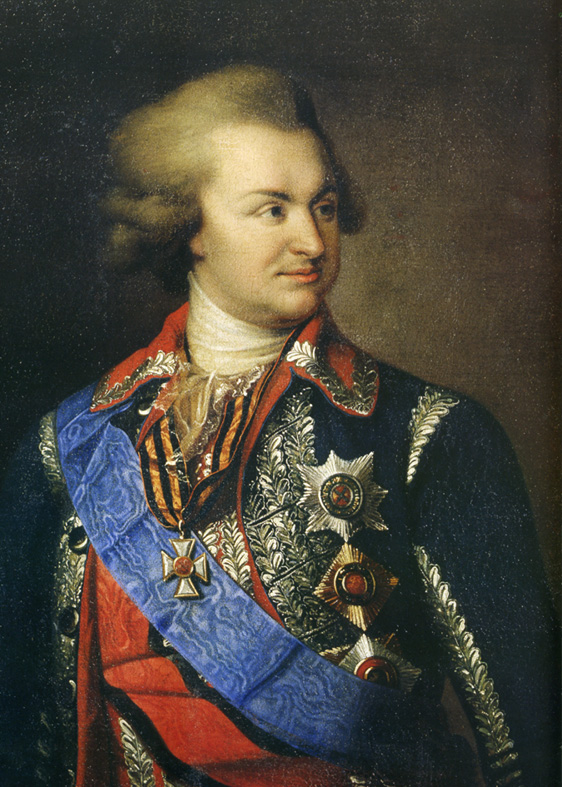
They would do it in Chechnya, too. But alas, there was no nobility to deal with. Instead there were military structures organised around the Sufi orders. Now many portray Sufis as kinda hippy pacifists. Not true. Sufis had militant orders, Sufi zikr is basically the war dance 

Prince Baryatinsky, commander in Caucasus wrote to the Tsar:
"Muridism (= Sufi militancy) isn't just religious, but also social movement. To fight it we need to restore the noble class or create it according to the order established in the Empire"
Empire was very aristocratic
"Muridism (= Sufi militancy) isn't just religious, but also social movement. To fight it we need to restore the noble class or create it according to the order established in the Empire"
Empire was very aristocratic
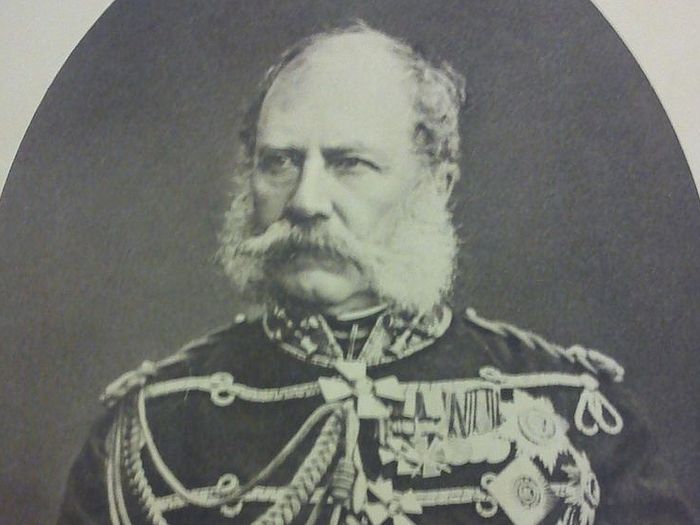
Russian Empire broke resistance by late 19th c. But once it collapsed in 1917, the war of extermination between the Chechens and the Cossack settlers started. Chechens declared pro-Red, Cossacks pro-White (similar to Ulster Scots vs Highland Gaels in Revolutionary America) 
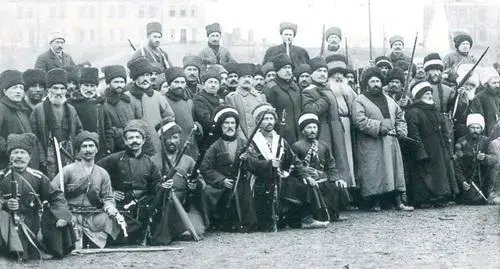
Chechen Sufi authorities declared the service in Red Army to be jihad. If you die fighting for communism, you get to heaven. During the White Summer of 1919 White forces were very close to taking Moscow and overthrowing the Bolsheviks. But then highlanders stroke in their back 
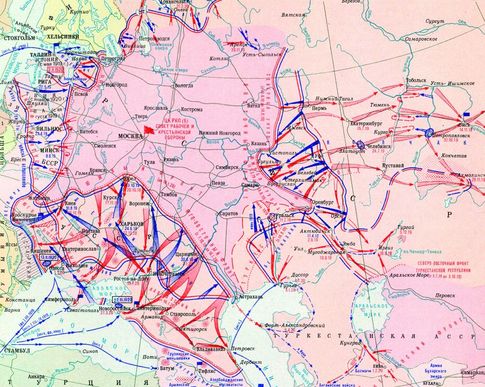
Of course Whites sent best troops and drowned Chechnya in blood. Of course they levelled villages with artillery. BUT. Every soldier and cannon sent to Chechnya were taken from the advance on Moscow. Critical assault failed. The Whites lost
(Bolshevik propaganda in Caucasus)
(Bolshevik propaganda in Caucasus)
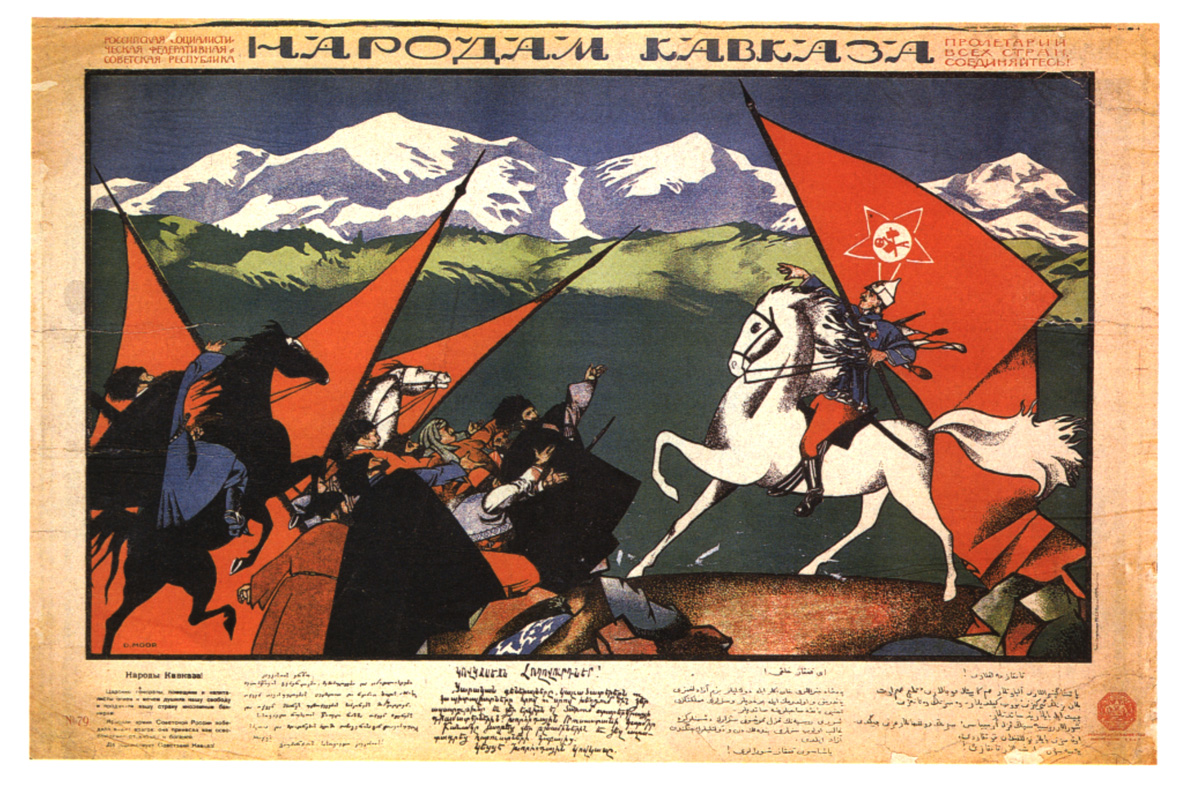
"Comrades Muslims! Under the Green Banner of the Prophet you fought for your lands stolen by the enemies of the people. Now under the Red Banner of Workers and Peasants, under star of labouring and oppressed, gather from East and West, North and South. On your saddles, comrades!" 
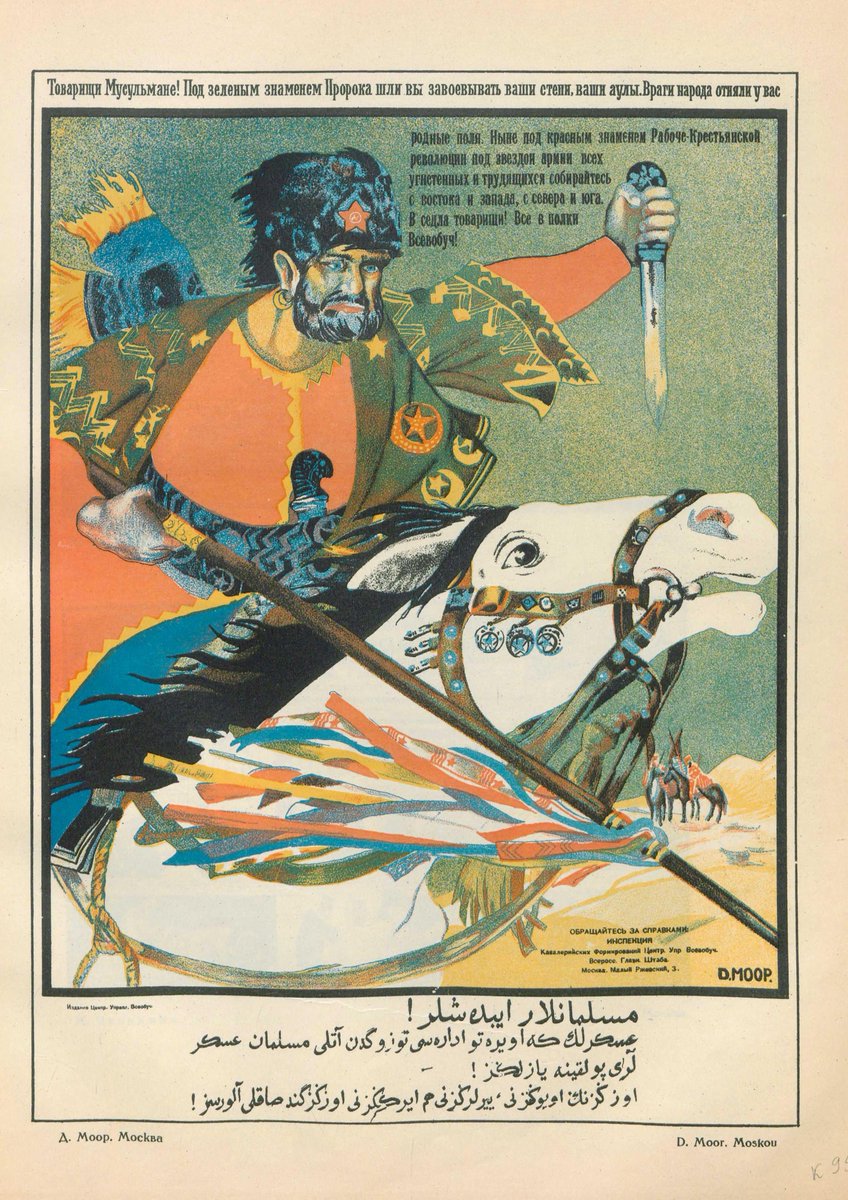
The Bolshevik victory brought some benefits for the Chechens. Most importantly, the USSR launched a thorough campaign of de-Cossackisation. Whatever Cossacks in Chechnya survived the Civil War were deported, jailed or shot. Like elsewhere. The Cossack country was no more 

Btw. I am a Kazan Tatar. My grandpa who was highly critical of Communists for many reasons admitted that they did one wonderful thing - finished the Cossacks. By the late 19th c Cossacks formed the main death squads of the empire. Many dreamt of their total extermination
And yet Soviet policies soon made Chechens disaffected. Attempts to impose collective farms (kolkhoz) in 1932 triggered a major rebellion which aimed to restore the Imamate theocracy. For the entire 1930s army and state security were busy suppressing Chechen insurgency 
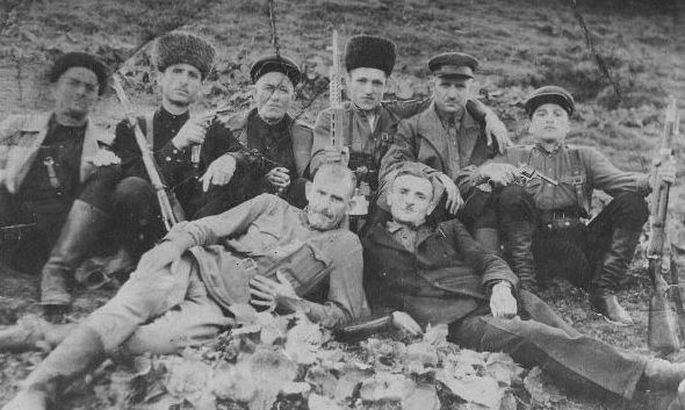
In 1944 Stalin tried the Final Solution of the Chechen Question. He deported them to Central Asia and Kazakhstan. They lived on new lands in semi prison camp conditions, heavily overwatched. Their republic was abolished, lands and houses distributed among Russian settlers 

But then Khruchev's takes power. In 1956 he makes a report "On the Cult of Personality and Its Consequences". Ofc he meant Stalin. Khruchev argued that Stalin usurped power, assumed the God-like status, and pursued criminal policies. Stalinism was disavowed, decisions reversed 
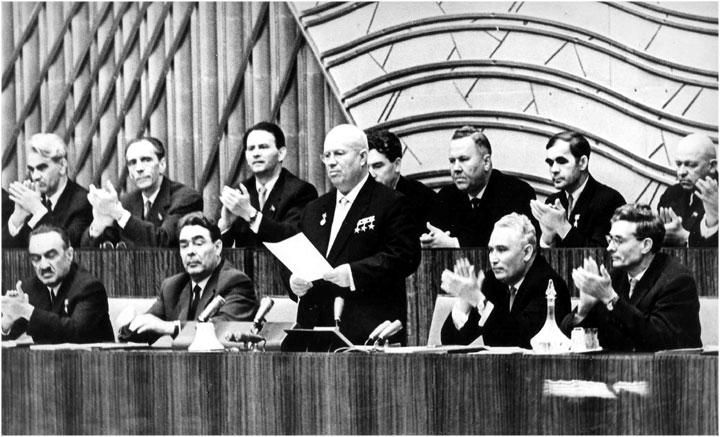
Next year, in 1957 the de facto prison regime (спецпоселения) fall all the deported ethnicities was abolished. They got their personal freedom again, the freedom of movement, and all of them except for the Crimean Tatars were allowed to return to their homelands 
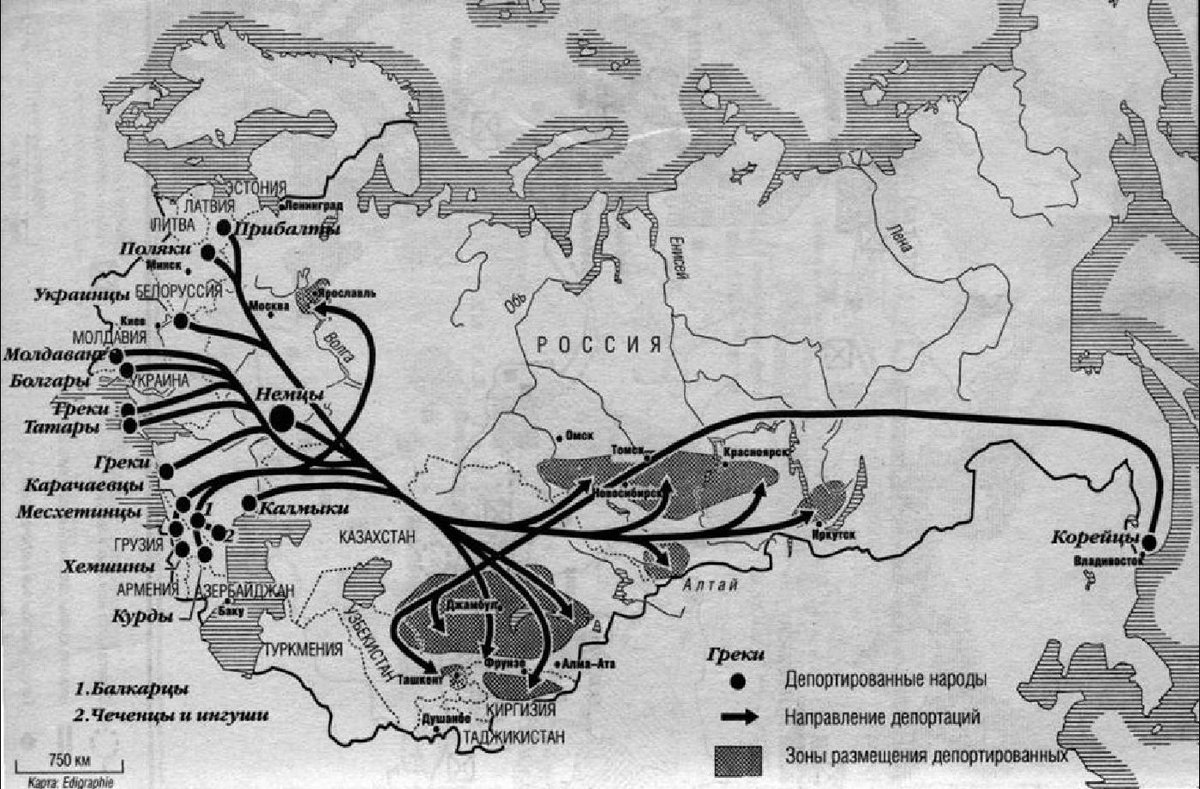
And Chechens returned en masse. There were problems however. Most importantly, once they returned they found that their lands, houses, fields are already occupied by settlers. That created huge tensions and sparked many ethnic clashes 

Secondly, the Chechen society transformed. Previously teips, the Chechen clans, were real political and military force. Teips could mobilise militants along the clan lines, make and enforce collective decisions, etc. It was gone. Now it was simply a matter of identity 
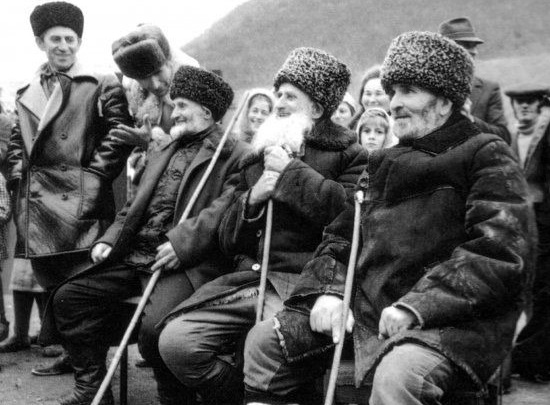
Secondly, the traditions were broken abruptly. Russians kept the Cyrillic alphabet and thus could access their old culture. Chechens couldn't. Soviets transferred the alphabets of Muslim ethnicities from Arabic to Latin and then to Cyrillic. The old culture became inaccessible 
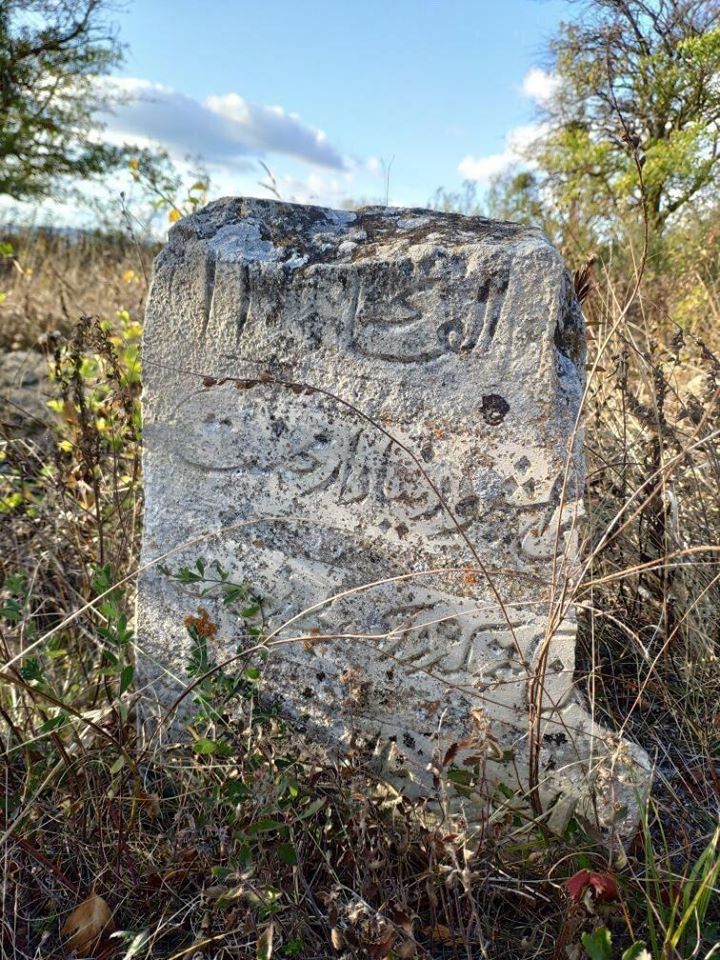
I believe nobody explained this logic better than Machiavelli in his "Discourses on Livy". Indeed, a new sect emerged and tried to eliminate any memory of the past. For that they introduced a new language. And they largely succeeded 
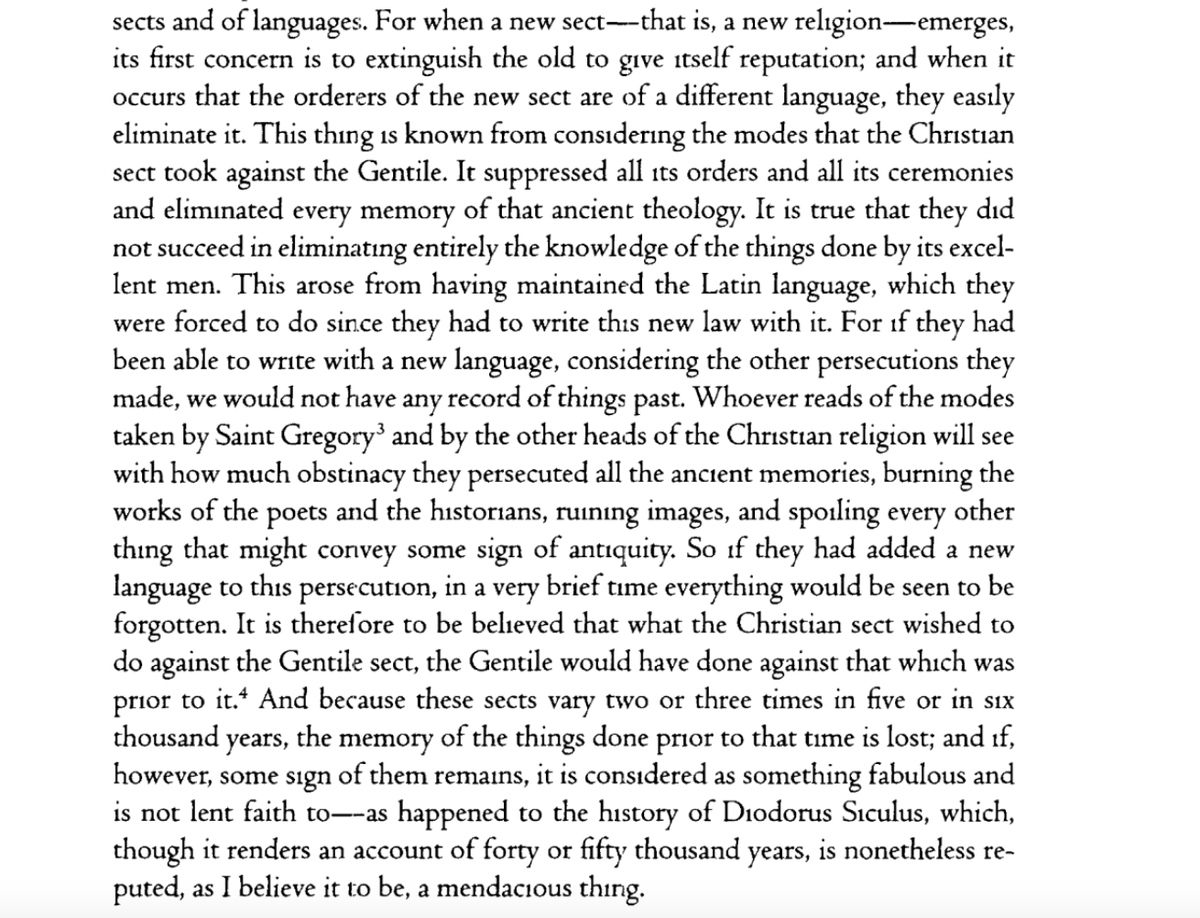
It may sound counterintuitive for the foreigners, but by late USSR most of Chechen youth didn't care much about the past. They overwhelmingly accepted the paradigm of new Soviet state and aimed for career within its structures. Primarily within the military of course
Consider Dzhokhar Dudaev, a leader of Chechen war for independence. He went to college to be a teacher of math and physics. After a year he dropped it and went to military pilots school. By 1987 he was general-lieutenant commanding the division of strategic (=with nukes) aviation 
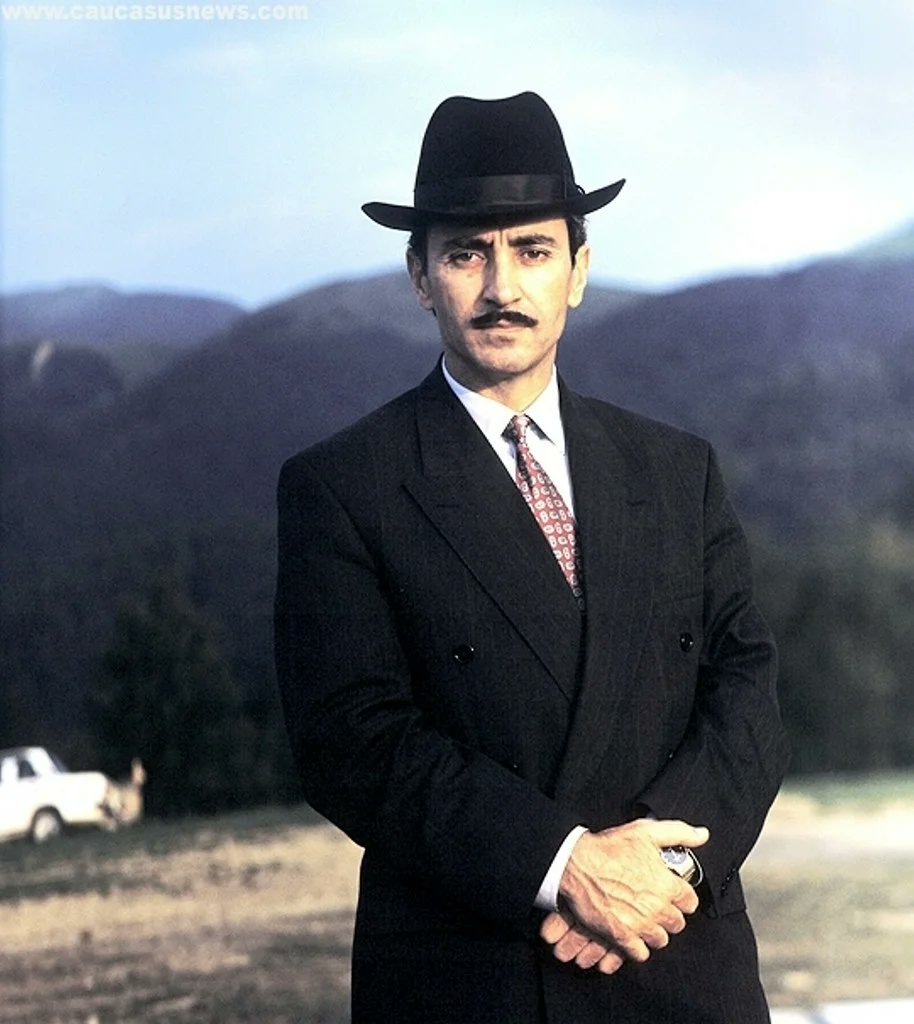
Or Aslan Maskhadov's who led Chechen forces after Dudaev's death. He used to be a colonel of artillery. When asked by a journalist what would he do if the USSR continued to exist, he responded:
- I know exactly. I'd be now a chief of military commissariat in St Petersburg
- I know exactly. I'd be now a chief of military commissariat in St Petersburg

Overall young ambitious Chechens chose "modern" career tracks. There were exceptions ofc. Most importantly - Ahmad Kadyrov. Whereas his peers went to military schools or to universities, he went to a madrassa in Bukhara. The ancient and well-respected center of Islamic knowledge 

Why did Kadyrov do this? Some argue that all clerical institutions and all clerical education were closely controlled by the KGB. That would imply Kadyrov was associated with the state security. Like 100% of Orthodox, Islamic, Jewish and whatever religious establishment in Russia
Anyway, after Chechnya broke away from Russia Kadyrov was one of very, very few with religious education. May be he had the best one. Because this track was unpopular and nobody really wanted to go there. So he became the mufti, chief religious authority of independent Chechnya 

In the First Chechen War of 1994-1996 Russian forces levelled Grozny with bombers and artillery and killed Dudaev. But Chechens still beat off. In the second Chechen war of 1999-2000 however, it was much harsher than that 
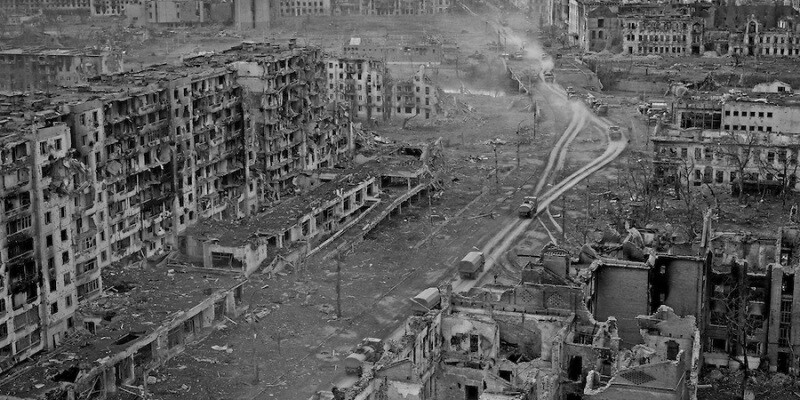
Prime Minister Putin who started the war was an underdog. Nobody knew him or recognised his face. Just 2% supported his election as a president. Meanwhile political establishment, e.g. 84/89 governors stood for Primakov. Putin desperately needed a military victory at any cost 

New policies included mass incarceration in "filtration camps". Firstly, you lock all males in a camp and then, well, break them. Secondly, you could recruit some prisoners and infiltrate your agents, thus breaking mutual trust. Nobody knows who's recruited = trust broken 

A few members of Chechen establishment switched to the Russians. Including Ahmad Kadyrov. So Putin appointed him as new president of Chechnya. Largely because he was a cleric and had no troops of his own. Thus he seemed to be more dependent than some warlord with a personal army 
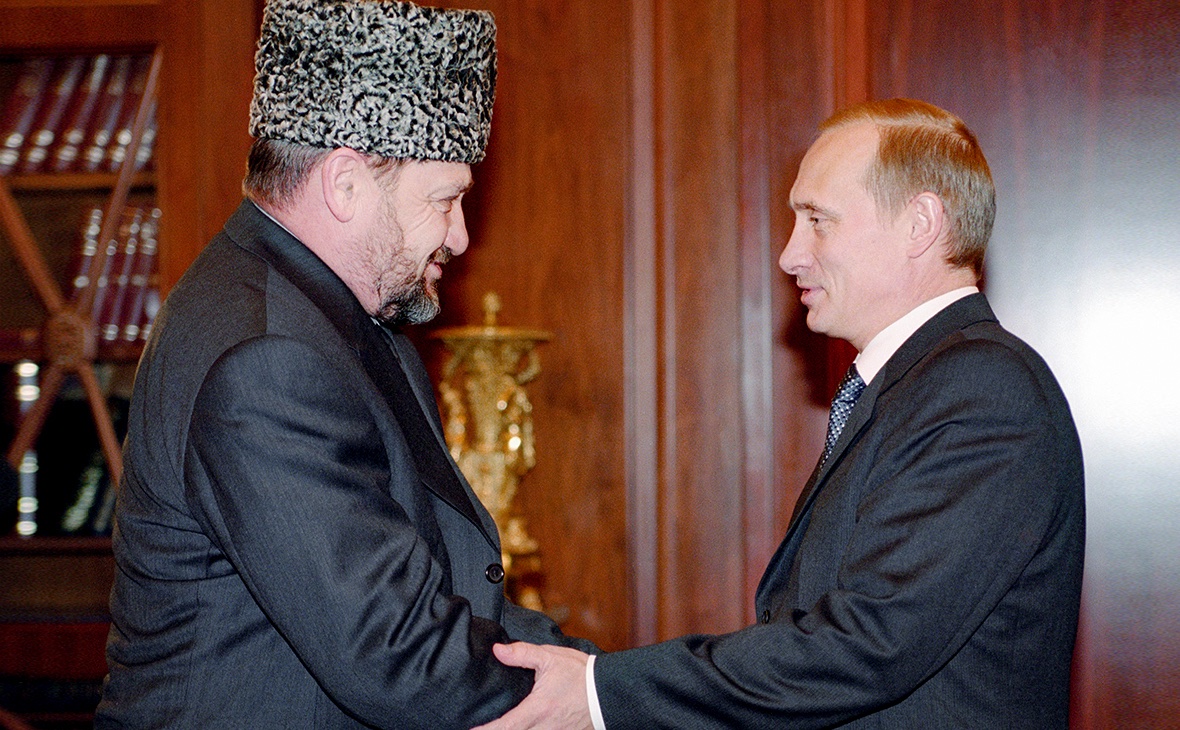
Ramzan was the right hand of his father. He was charged with suppressing the insurgency with any means. And he did. One by one he recruited a number of former insurgents and made them his new private army. They stood above the law and could be charged with any crime 
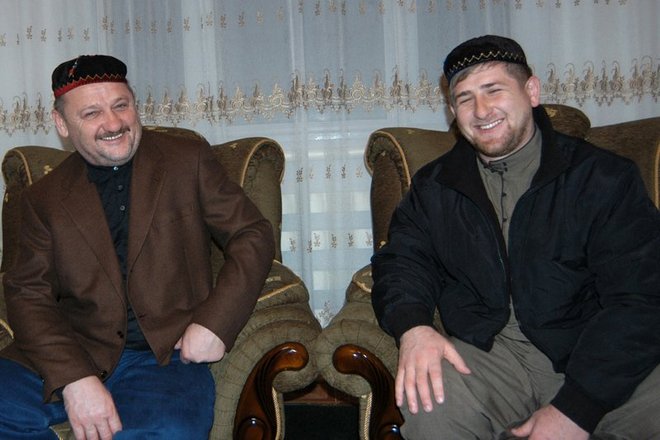
NB: Kinship doesn't play any role at all for building the new ruling elite in Chechnya. The only thing that mattered is the personal loyalty to Kadyrov and willingness to execute any order. Apart from Kadyrov himself three crucial guys are: Delimkhanov, Lord and Patriot
Deputy Prime Minister Delimkhanov used to work as a personal driver for Salman Raduev, a Chechen commander. With the start of the war Raduev continued to fight and got life in prison (soon he, well, died in jail). While Delimkhanov switched to Russians and joined Kadyrov 

Kadyrov sometimes calls Delimkhanov his uncle and sometimes cousin. Thus he's neither. He's earned Kadyrov's trust when suppressing Chechen insurgency. He's now a senator representing Chechnya in Moscow. Ofc he doesn't show up in the parliament much. There's other *work* to do 
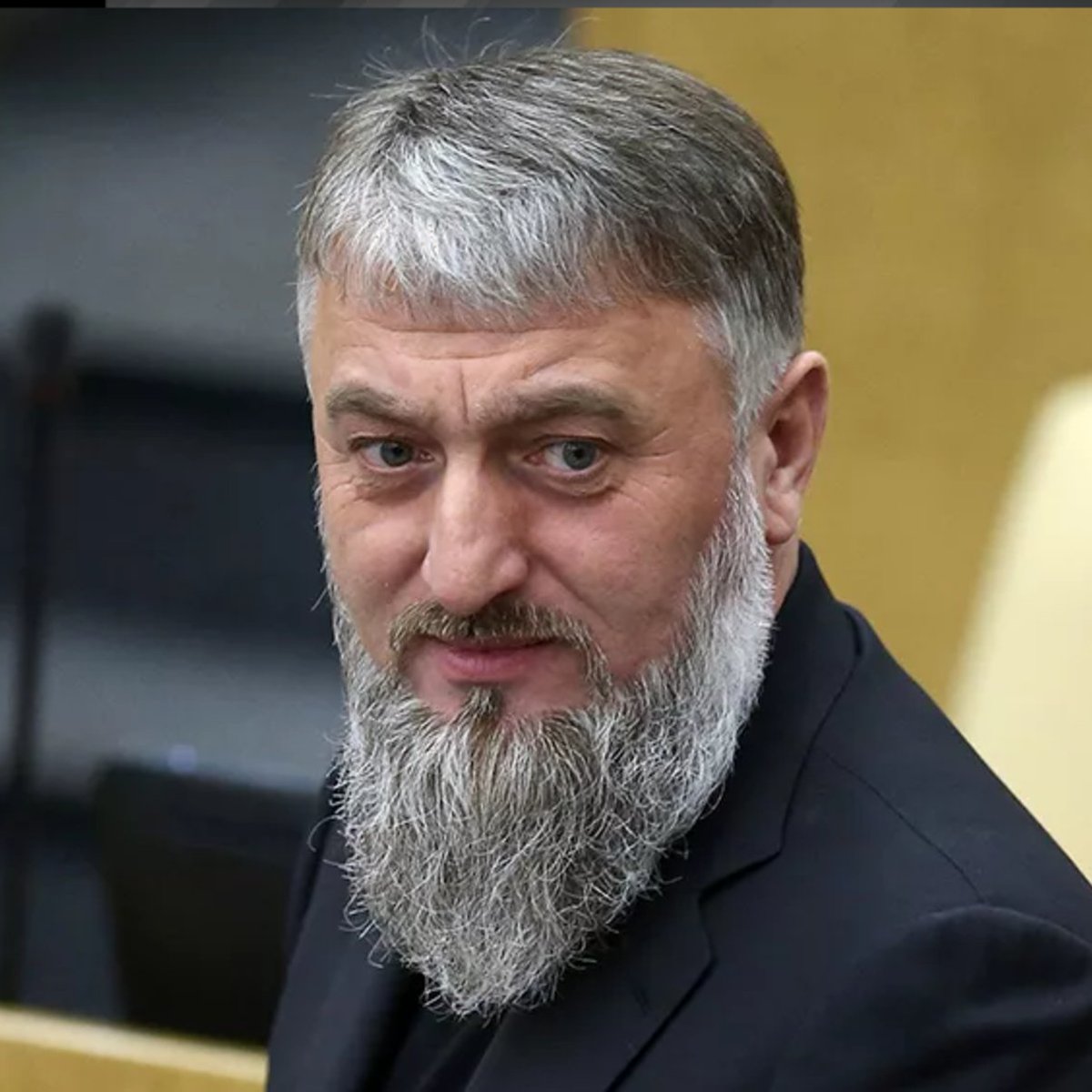
Another Deputy PM is Lord (Лорд). He's also a former insurgent who switched to Kadyrov in the very beginning of his rule. At this point Lord is a "Vice-Premier for the armed forces" (вице-премьер по силовому блоку) = commander of Kadyrov's army 

And there's a Patriot, also a Deputy PM. Patriot unlike the first two can actually have kinship with Kadyrov coming from the same village. Patriot commands his bodyguards. At this point that's the guy who's doing the most of the killings with his own hands 

Much of the War on Terror in Chechnya looks like this. A Patriot is coming to a village "for results". There'll be results no matter what. He personally makes a choice, gets "results", gets awards, promotion, cash. That's btw how most of the War on Terror is done around the world 
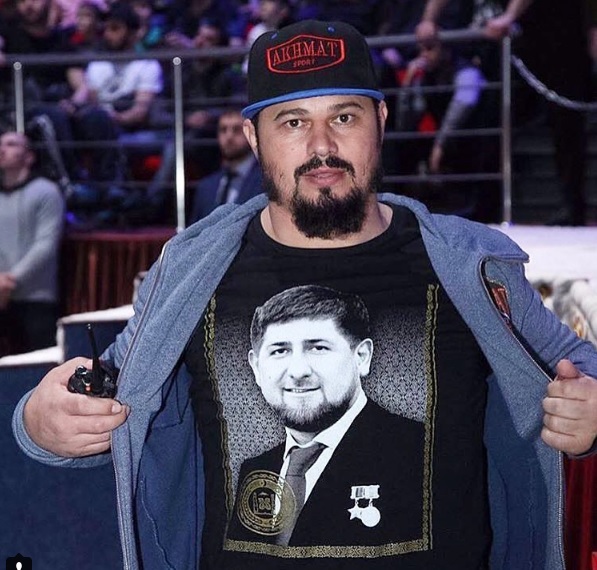
How was Kadyrov's state built? Well, initially it was weak. But he had determined support of Kremlin. Russian state security spent years in Chechnya, training, drilling, equipping Kadyrov's army and building all the machine of his kingdom 

In early 2000s you couldn't have a walk around Grozny without meeting tons of Russian FSB officers building Kadyrov's machine. By late 2000s there were few of them. By mid 2010s there were none. Everything worked perfectly and Kadyrov ousted all Kremlin's agents from Chechnya 
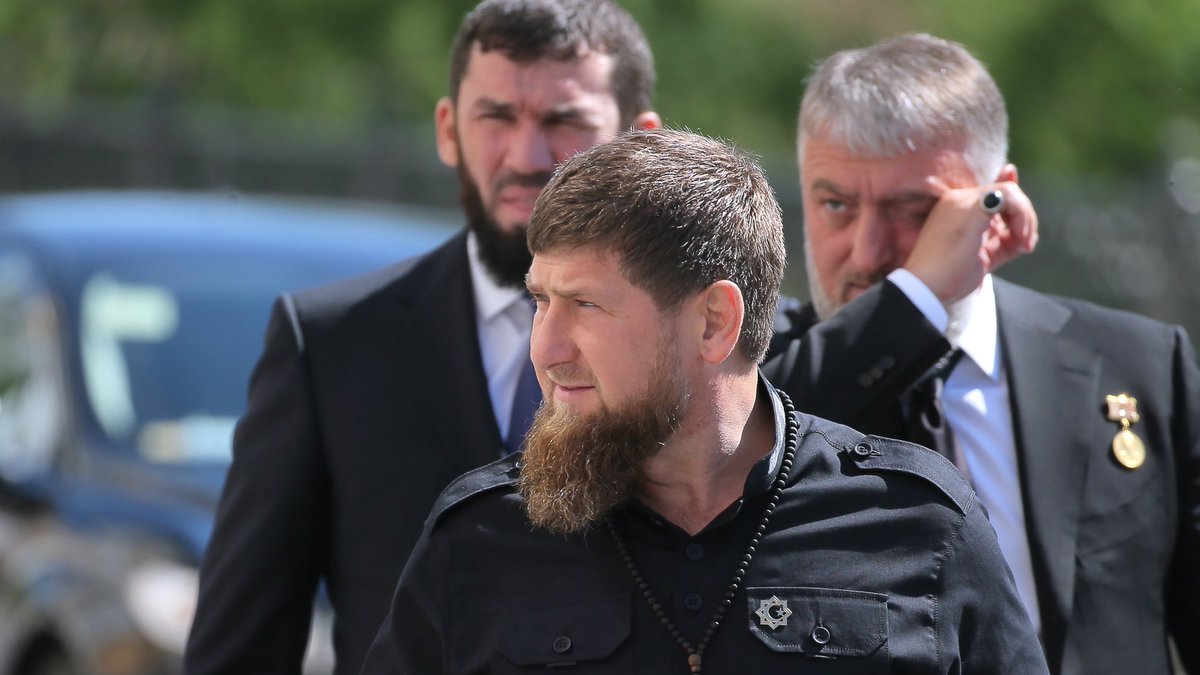
Why would Putin allow that? Well, Kadyrov tells he's "Putin's infantry man" loyal only to him, personally. Such a semi-independent vassal kingdom is very useful. For example in case Russian security machine gets out of control, Putin can employ Chechen forces which are autonomous 
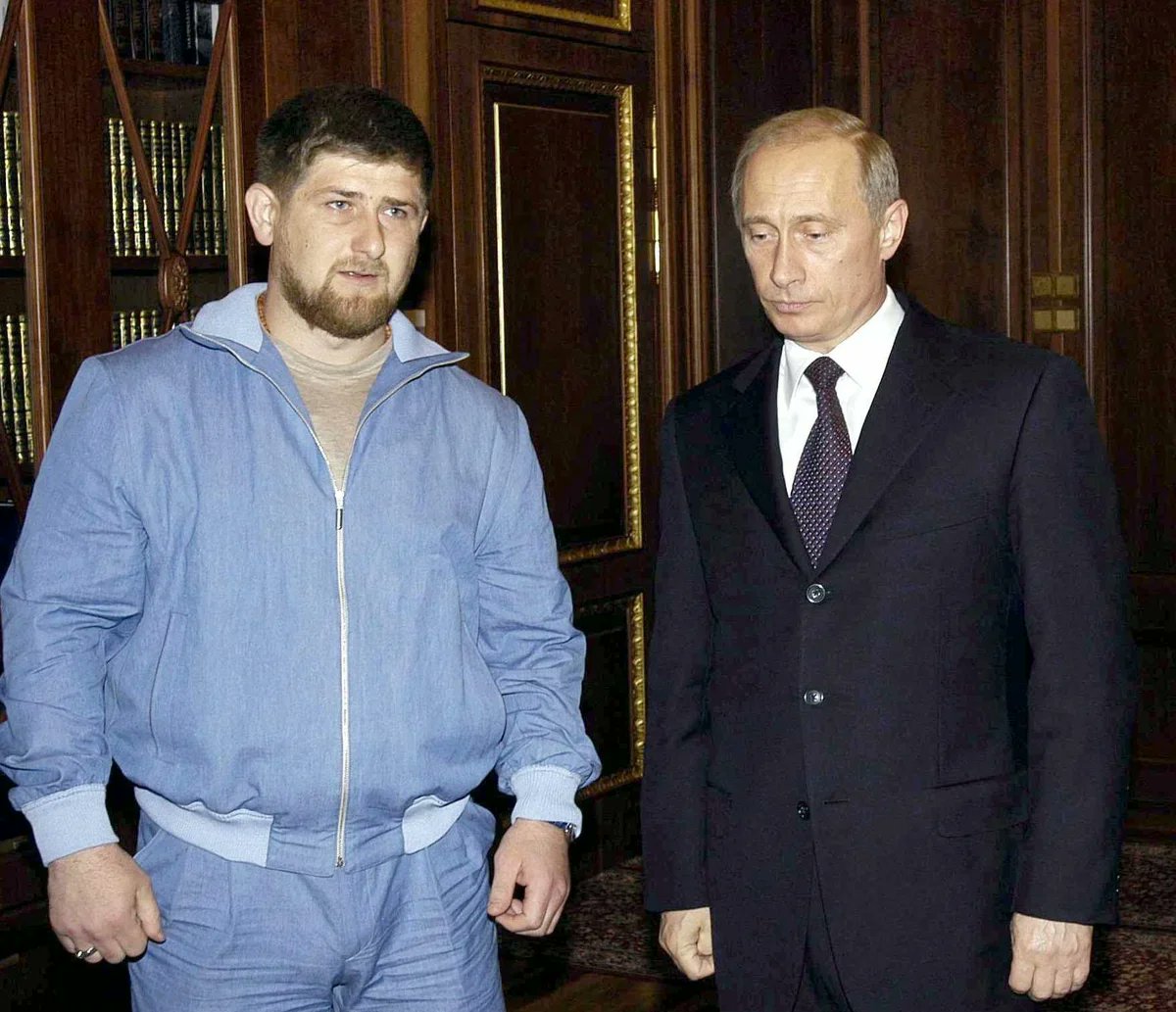
The thing about Chechnya is that it's not a Weberian bureaucracy run by procedures. Nope. Theoretically, Chechnya is just a region where regular Russian forces are quartered - army, police, National Guard, FSB. That's BS. That's all private army of Kadyrov commanded by the "Lord" 

What about ideology? You see as a soldier of "Russian National Guard" (=Kadyrov's troops) is putting a flag on a captured Ukrainian military base. What's on a flag? The face of Ahmad Kadyrov, Ramzan's father. He's always promoting the cult of his dad. Very monarchical policy
I think that will be enough for a brief introduction. I'll post a more comprehensive text on Kadyrov's kingdom, its structure, political economy and relations with Kremlin on my substack. End of 🧵 

• • •
Missing some Tweet in this thread? You can try to
force a refresh
